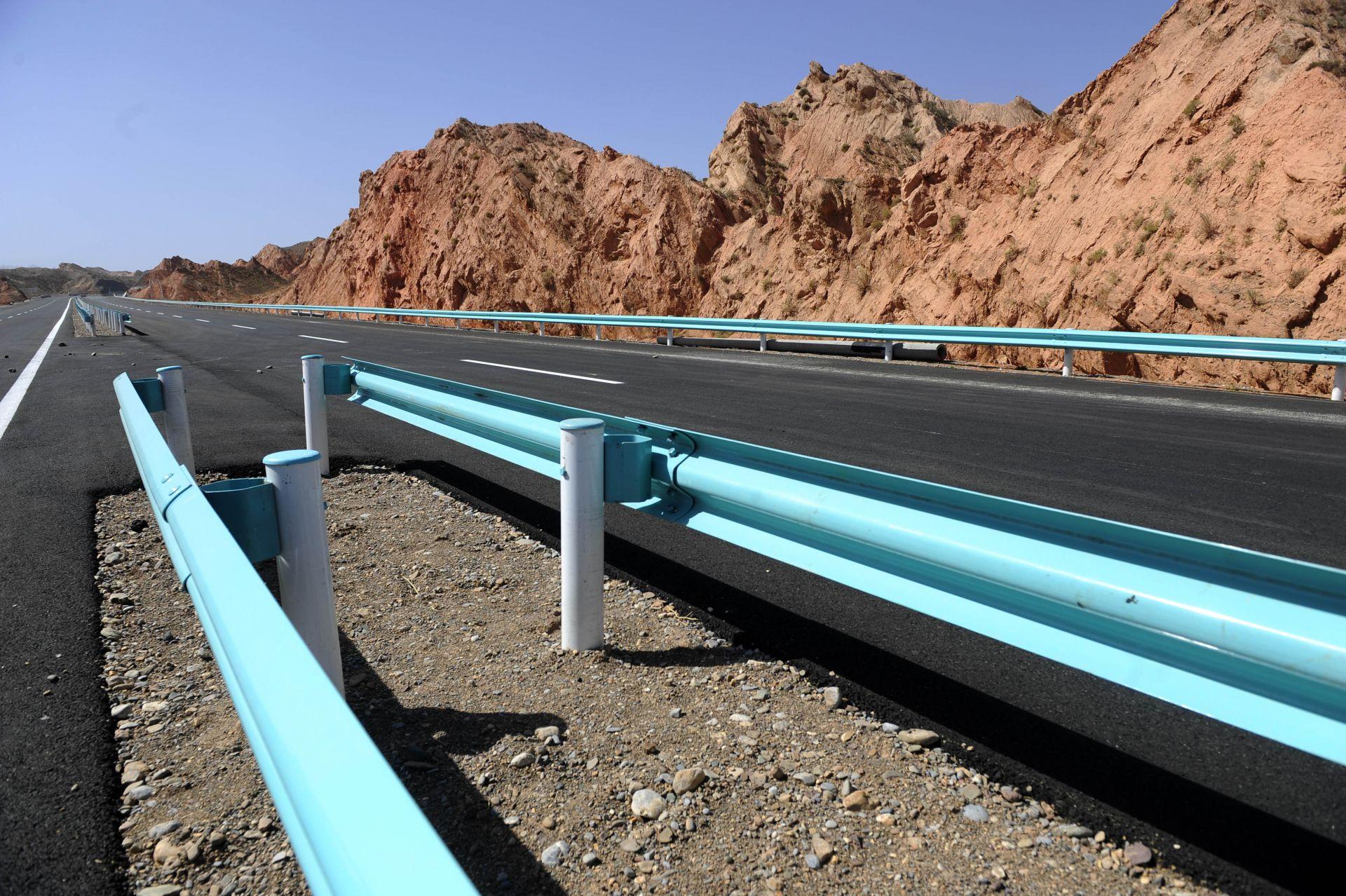NAIROBI, Sept. 9 (Xinhua) -- The World Bank said on Wednesday it has approved an 81.3 billion shilling (about 750 million U.S. dollars) loan to help improve the movement of people and goods, digital connectivity and access to social services for over 3.2 million people in northeastern Kenya.
Then lender said that the loan, part of the Horn of Africa Gateway Development Project (HoAGDP), will finance the upgrading of 365-km of the 740-km Isiolo-Mandera regional road corridor and 30 km of spur roads; the upgrading of the remaining sections will be financed by other development partners.
"The HoAGDP will also finance the laying of a fiber optic cable along the entire 740-km corridor with spurs to local communities; trade facilitation measures, such as border management systems and construction of border posts; the provision of basic socio-economic infrastructure for communities living along the corridor; institutional strengthening; as well as emergency response measures in case of a disaster or catastrophe during the life of the project," the bank said in a statement.
The Kenya-HoAGDP is expected to take six years of implementation and is the first in a series of projects aimed at supporting the development of regional transport corridors and modal linkages under the Horn of Africa initiative, it said.
"Regional integration is fundamental for the countries in the Horn of Africa to create jobs and reduce poverty in an inclusive and sustainable way. The World Bank is a founding partner of the new Horn of Africa Initiative, launched in 2019 by the participating countries to deepen their cooperation and deliver development results for their populations," said Deborah Wetzel, World Bank director of regional integration for sub-Saharan Africa, the Middle East, and northern Africa.
"This new project launches the implementation of this initiative and will fill a major gap in the connectivity of the region in terms of infrastructure and trade, and also by strengthening regional institutions to promote knowledge sharing and build human capital," Wetzel added.
Josphat Sasia, lead transport specialist and task team leader with the World Bank, said the potential of northeastern Kenya as a transit and regional trade facilitation zone is presently not fully exploited.
"This transformative project will integrate the region and enhance security, inclusion, and a sense of equity, which the communities living in this underserved region of Kenya have desired for a long time," he said." Successful implementation of the project will require the support of the leadership and communities of the region."
According to the World Bank, the upgraded road, the fiber optic connections, and the provision of basic social services will attract investments, facilitate regional and domestic trade, create jobs, and improve information-sharing and access to internet-based opportunities.
"Promoting equal opportunities across the country and linkages in the sub-region will strengthen Kenya's transformation from a low middle income to a middle-income country by 2030," said Keith Hansen, World Bank country director for Kenya. Enditem




 A single purchase
A single purchase









